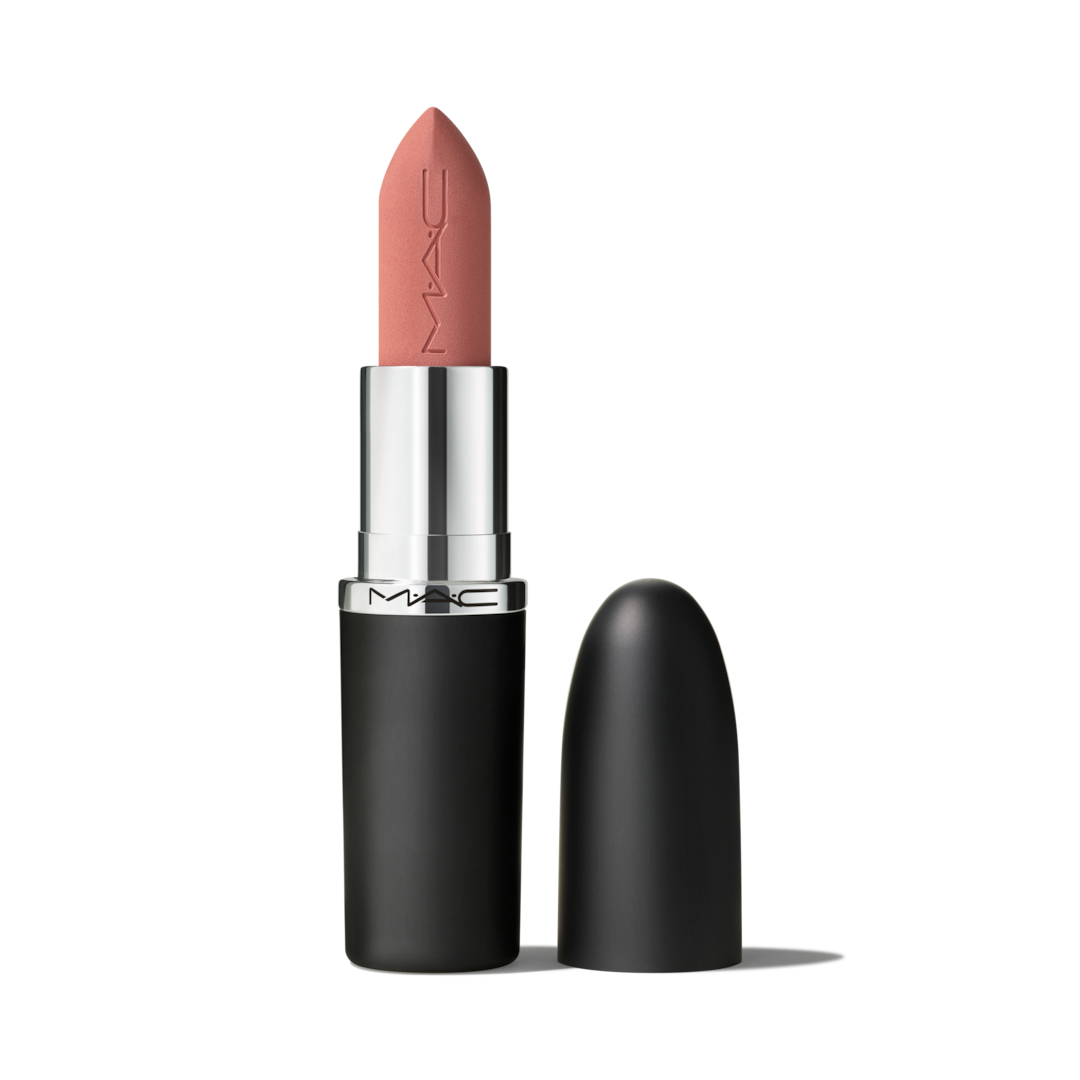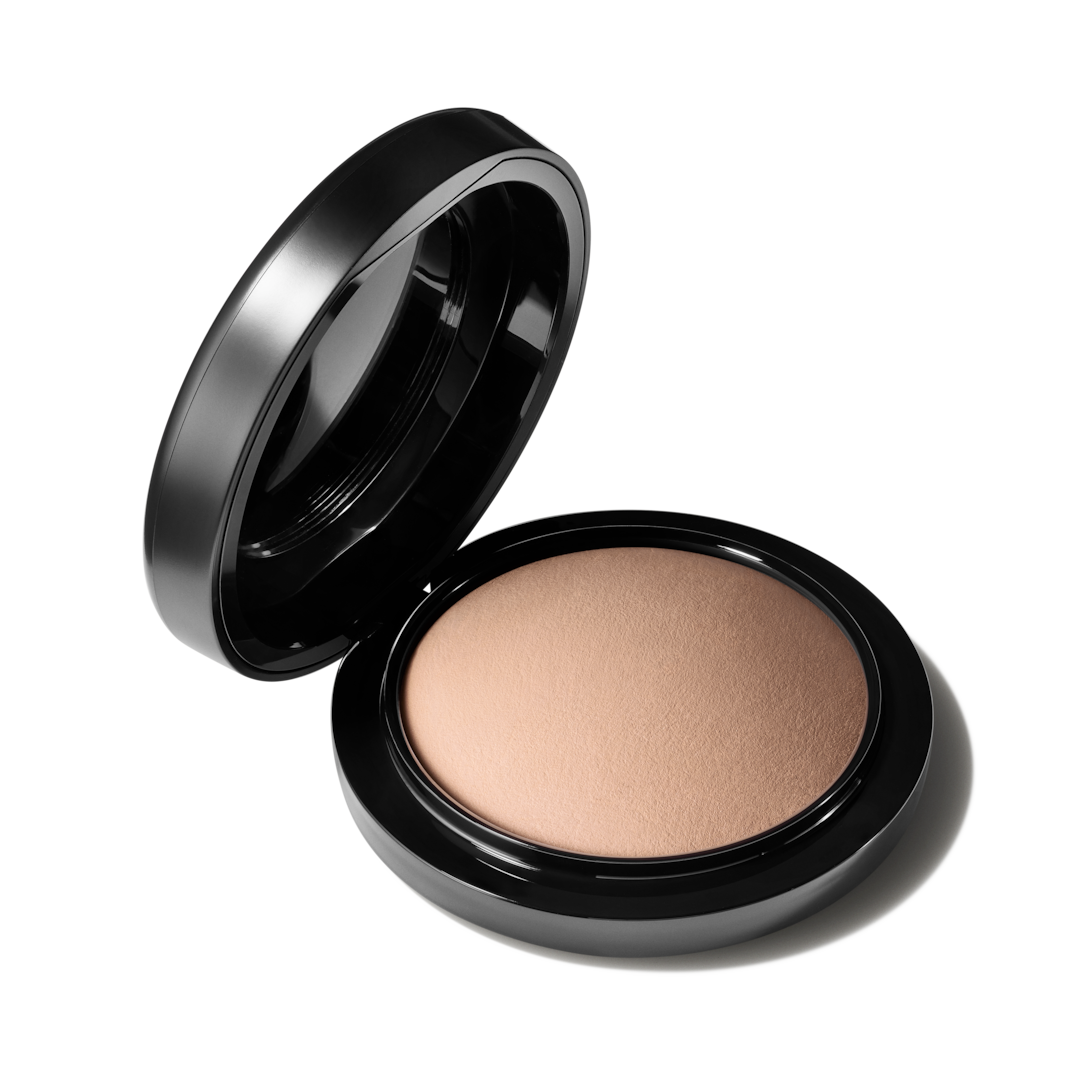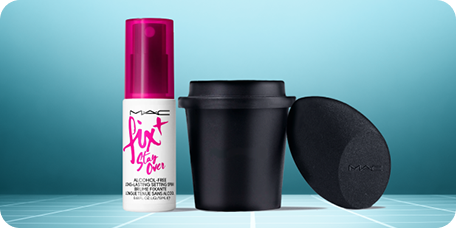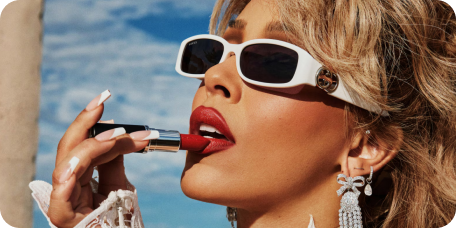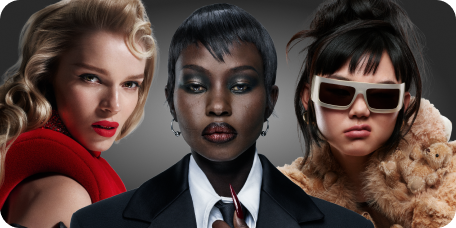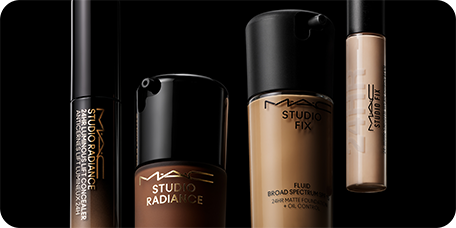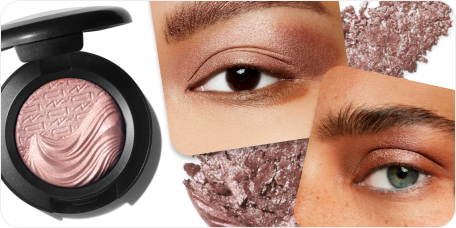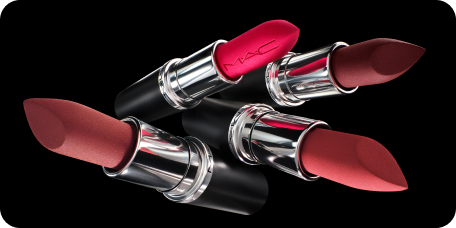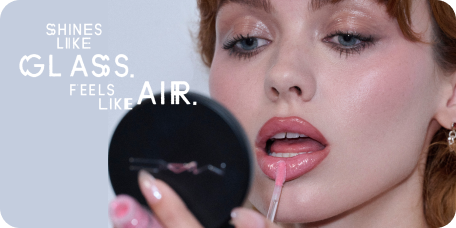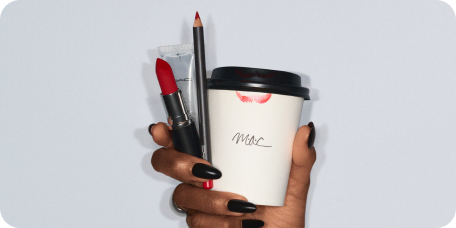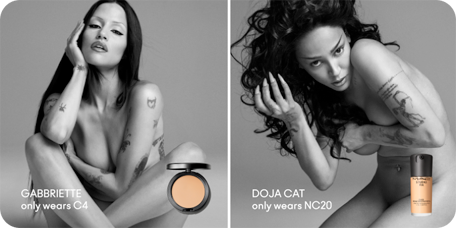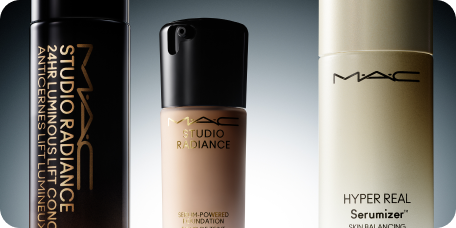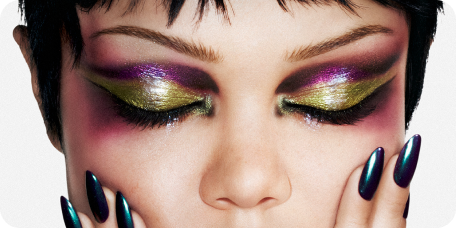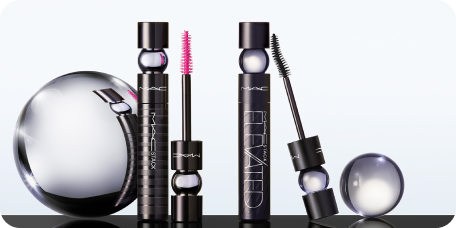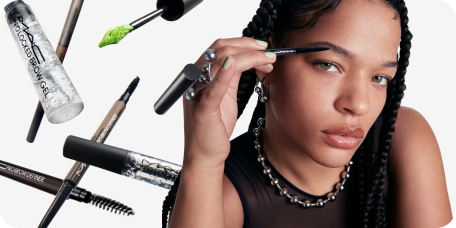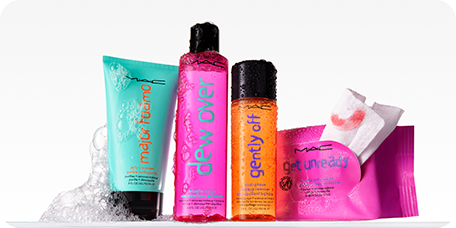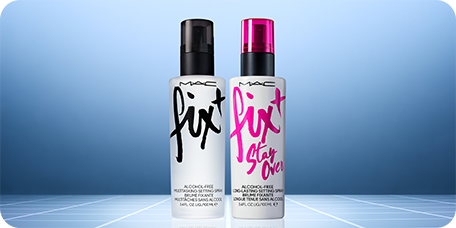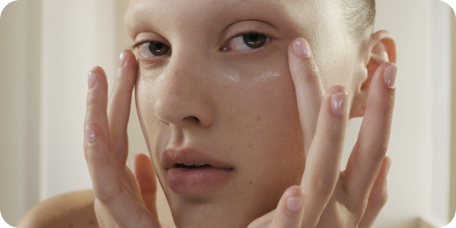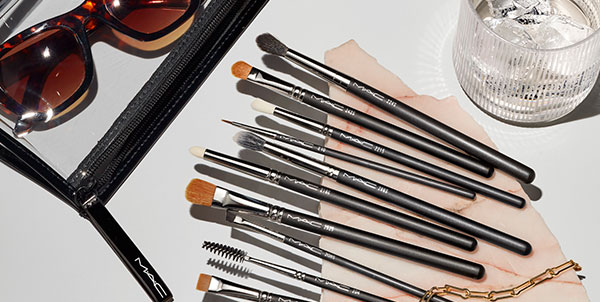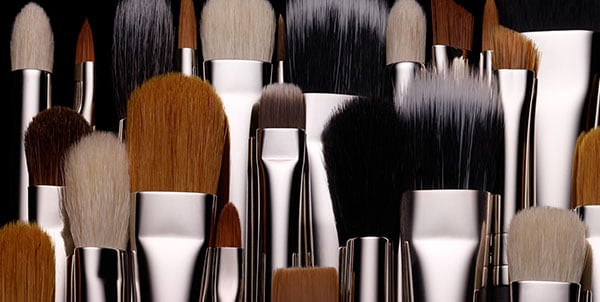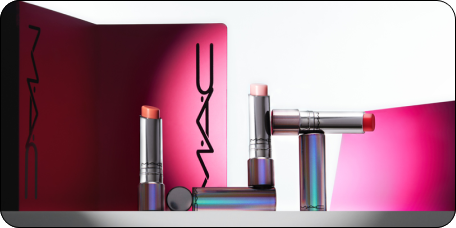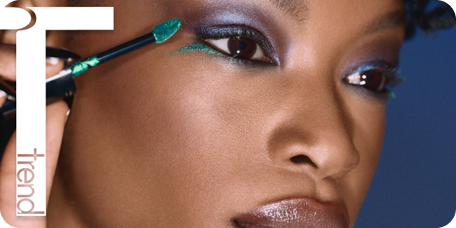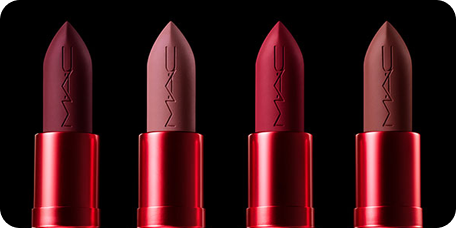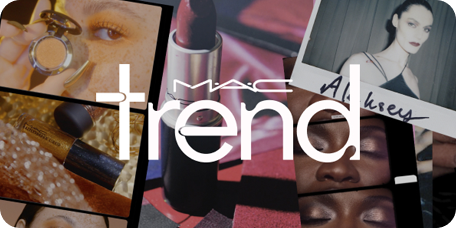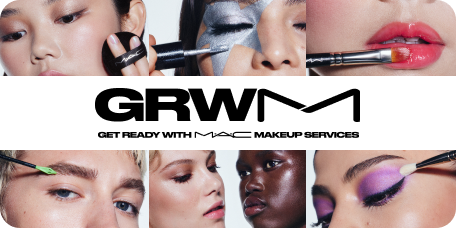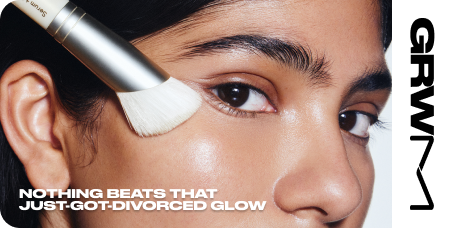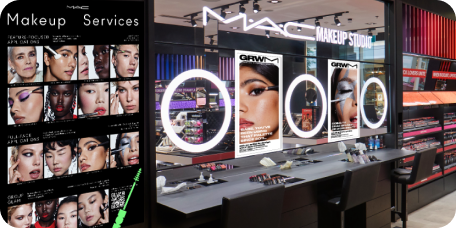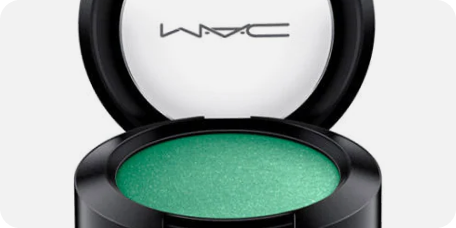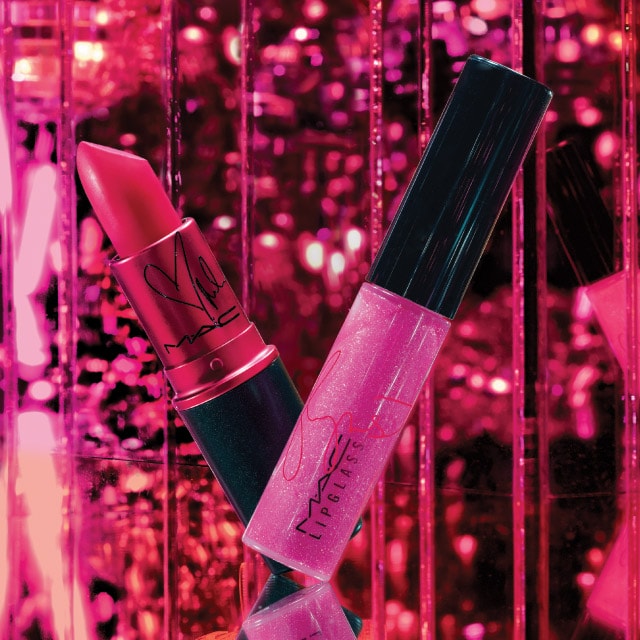The first Laundromat opened its doors in Texas 80 years ago. Since then, it has become the backdrop to countless on-screen romances, music videos and fashion editorials…
KEEPING IT FRESH
In John Waters’s 1988 movie Hairspray, Tracy Turnblad integrates conflicting racial factions in her local community through a TV dance contest, while defying her parents whose only wish is for her to take up the family’s laundry business. “I don’t want to be a laundress,” she yells at her mother, “I want to be famous!” Set in 1962, the Laundromat had at this time already become both a staple and symbol of American suburbia. But in the preceding years it had occupied a much more fantastical space in the collective imagination. A signifier of technological progress and a symbol of hope for a more streamlined future, neat rows of mint green and sky blue laundry machines first appeared in illustrated print ads of the early 1950s, alongside mothers and daughters on joint days out to local washhouses. Jubilant at the end of domestic drudgery heralded by the machines’ automated ease, they stood in matching, gingham A-line skirts, caressing soft fabrics with a dim glow on their cheeks.
SPIN CYCLE
It wasn’t until 1985 that the Laundromat enjoyed its pop-culture revival, with the on-screen appearance of Nick Kamen in the now iconic Levi’s ad. The Boy from the Laundrette became an instant hit, as he peeled off his crotch-hugging 501s to reveal a pair of tight, white boxers. In the words of renowned style journalist Robert Elms, “Almost overnight, men who would once have seen boxer shorts as stuffily old-fashioned, were clamouring to look like Nick Kamen and buying boxers in their droves.” Man had finally infiltrated the woman’s domain, transforming the Laundromat into a place of mutual pick-up artistry and stolen glances over soiled undergarments. The sexually charged atmosphere of the washhouse in the mid-80s was the subject of My Beautiful Laundrette, a cult movie about the unlikely gay coupling of a young Pakistani man and a street punk in London, and appeared a few years later in Wayne’s World 2, with Kim Basinger seductively mouthing liquorice sticks over leopard print panties. It was not long after that Ross and Rachel awkwardly navigated the tension of their first kiss in the laundry room in Friends – Rachel cross-legged in a trolley, Ross banging his head against a washing machine door…
“In the last ten years, the Laundromat has enjoyed something of a high fashion revival.”
TOUGH STAINS
Who could forget when Patrick, played by Heath Ledger, spots Kat from the Laundromat in Ten Things I Hate About You? During the 90s and early 00s, as the white goods industry boomed and people equipped their houses in a plethora of pointless gadgets, the Laundromat became the sole preserve not just of poorer communities and older people, but wrong’uns too – sexy guys with unwashed hair and ripped jeans, dropping in for a bi-annual clean of their tight white t-shirts, with the hope of picking up a pretty girl too. It’s the Laundromat that we see in a shoot for Brazilian Vogue, starring Hanne Gaby Odiele, slumped over a gossip mag in beaten denim and harking back to those scenes of a wire-haired Helena Bonham Carter in Fight Club.
AFTERCARE
In the last ten years the Laundromat has enjoyed something of a high fashion revival. A glammed-up Gemma Ward and Lily Donaldson have hit the Laundromat for USVogue, shot by Steven Meisel; a PVC-clad Paris Hilton has stood idly contemplating a box of Daz for Tatler and Juergen Teller has shot a whole campaign for Vivienne Westwood starring Pamela Anderson stuffed into a laundry trolley. Even more recently, Solange Knowles performed at the Atlantis Laundromat in Brooklyn. There will always be the stereotypical Laundromat of sad men in the doghouse, cleaning their socks while sleeping in cars – the Springfield Laundromat where Principal Skinner of The Simpsons goes to wash his clothes after getting fired. But hopefully, there will always be the Laundromat of our fantasies too: a socially egalitarian, sexually charged setting of sass, seduction and soapsuds, where street punks, supermodels and screen stars can check each other out amid the low-level rumble of the spin cycle.

